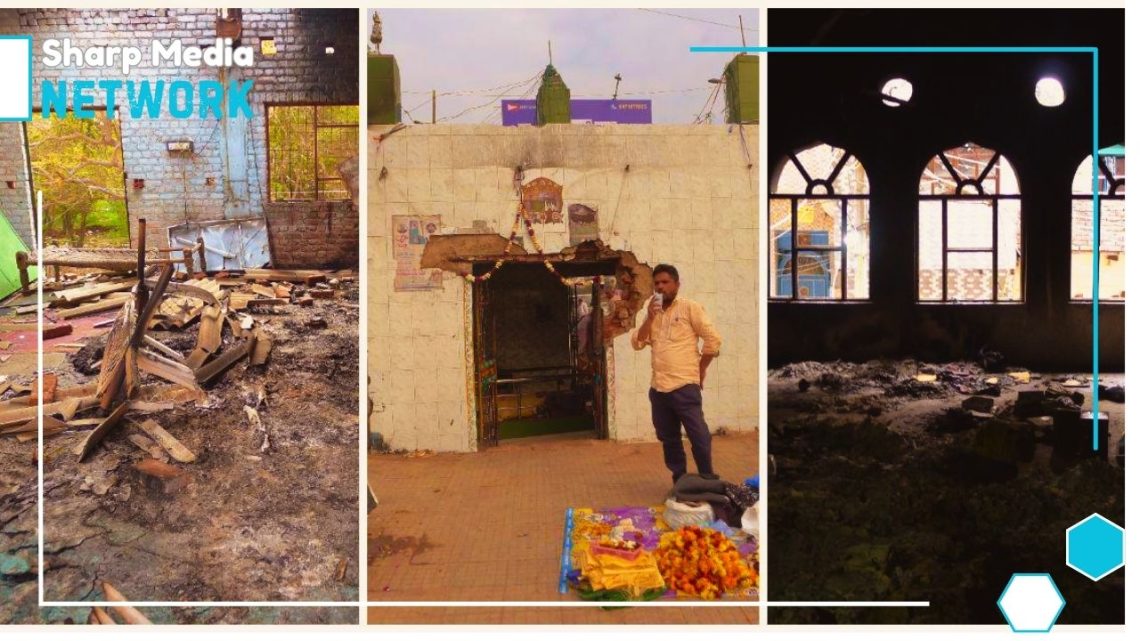
Hindutva’s Assault on Mosques and Dargahs in India
November 30, 2024The assault on India’s historic Mosques and Dargahs by Hindutva forces is not just an attack on religious sites but a brazen attempt to destabilize the country’s communal harmony.
Agha Syed Hassan Mosavi Al-Safavi, President of Jammu and Kashmir Anjuman-E-Sharie Shian, recently condemned the baseless claims by Hindutva groups alleging that Mosques and Dargahs were built on Hindu temples. Addressing a congregation in Budgam, he criticized these actions as deliberate efforts to undermine India’s constitution and laws, which explicitly protect the sanctity of religious places.
Agha Hassan, founder of the Anjuman Interfaith Dialogue Chapter, called out the Rashtriya Swayamsevak Sangh (RSS) and other Hindutva groups for their agenda of communal division. After targeting revered sites like the Gyanvapi Mosque and Shahi Eidgah, they have now turned their sights on the iconic Ajmer Dargah. He emphasized that such moves are in direct defiance of the Indian Supreme Court’s rulings.
The Anjuman Sharie Shian has appealed to the Chief Justice of India to take Suo Motu action, urging lower courts to dismiss such frivolous claims. Agha Hassan stressed that allowing these cases erodes the rule of law and emboldens divisive forces.
Mehbooba Mufti, President of the People’s Democratic Party, also voiced her outrage, blaming former Chief Justice D.Y. Chandrachud for decisions that paved the way for mosque searches and disputes. She warned that these actions risk tearing apart the secular fabric of the nation, emphasizing that Ajmer Dargah is a revered site for Hindus and Muslims alike.
Mufti pointed out the alarming trend of using religious controversies to distract from critical issues such as economic development and employment. She cautioned that if unchecked, this divisive agenda could escalate to targeting Muslim homes under similar pretexts.
The Ajmer Dargah, with an 800-year history of fostering unity, is a poignant symbol of India’s pluralistic heritage. Yet, Hindutva forces seek to weaponize historical distortions to further their majoritarian agenda, sidelining pressing national concerns in favor of communal discord.
The systematic targeting of minority religious sites reveals a larger narrative of erasure. By shifting public discourse to divisive issues, the government diverts attention from its failures on economic and developmental fronts. These actions not only undermine secularism but also threaten India’s unity.
The international community and civil society must urgently act to prevent further damage. The preservation of India’s secular and pluralistic identity hinges on collective resistance against such regressive ideologies.

